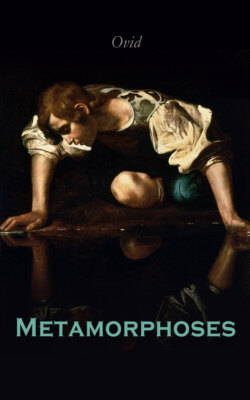Читать книгу Metamorphoses - Ovid - Страница 66
На сайте Литреса книга снята с продажи.
EXPLANATION.
ОглавлениеEricthonius was fabled to be the son, or foster-child, of Athene, or Minerva, perhaps because he was the son of the daughter of Cranaus, who had the name of Athene, by a priest of Vulcan, which Divinity was said to have been his progenitor. St. Augustine alleges that he was exposed, and found in a temple dedicated to Minerva and Vulcan. His name being composed of two words, ἔρις and χθὼν, signifying ‘contention,’ and ‘earth,’ Strabo imagines that he was the son of Vulcan and the Earth. But it seems that the real ground on which he was called by that name was, that he disputed the right to the crown of Athens with Amphictyon, on the death of Cranaus, the second king. Amphictyon prevailed, but Ericthonius succeeded him. To hide his legs, which were deformed, he is said to have invented chariots; though that is not likely, as Egypt, from which Greece had received many colonies, was acquainted with the use of them from the earliest times. He is also said to have instituted the festival of the Panathenæa, at Athens, whence, in process of time, it was adopted by the whole of Greece.
Hyginus tells us, that after his death he was received into heaven as the constellation ‘Auriga,’ or ‘the Charioteer;’ and he further informs us, that the deformity of his legs gave occasion to the saying, that he was half man and half a serpent. Apollodorus says that he was born in Attica; that he was the son of Cranaë, the daughter of Attis; and that he dethroned Amphictyon, and became the fourth king of Athens.
